The majority of car buyers now expect their next vehicle to be an EV or hybrid.
That is according to new data from Motors, which has been polling the views of 2,000 automotive shoppers as part of its latest Consumer Insight Panel.
The study found that almost a quarter (23%) of buyers are currently anticipating going all electric with their next purchase – the highest level ever recorded by Motors.
However, with EV ownership overall currently standing at 17%, there does remain some resistance to EVs from the car buying public, with far more seemingly happy to go for the ‘half-way house’ option of a hybrid.
According to the poll, 30% of car buyers are expecting to chose a hybrid next time around, well up on the 12% who currently own one.
Petrol remains the most popular current and future fuel choice, but ownership is set to fall in the next buying cycle from 62% to 36%, with diesel dropping from 19% to 10%.
Collectively ICE vehicles are set to represent a total of 46% of next car choices by fuel type, down from 81% currently, with EVs and hybrids combined making up the remaining 54%.
Reacting to the findings, Lucy Tugby, marketing director of Motors, said: ‘Our Consumer Insight Panel research identifies an increased momentum among car buyers considering new and used EVs and hybrids when choosing their next vehicle.
‘The expanding choice of new EV models, along with the introduction of new entrant brands, has built confidence among buyers and that is having a direct impact on their purchasing plans.
‘The research highlights the growing importance of hybrids which are now only just behind petrol among buyers considering their next fuel type.
‘It’s easy to become fixated with EVs and overlook the strong appeal of hybrids. For many car buyers, hybrids represent a lower risk alternative to EVs, as witnessed by their growing volumes in the new car market.’
The data also found that, for customers considering alternative fuel cars, the appeal of EVs is strongest among those buying new (56%), with hybrids favoured by those more likely to buy used (33%) or nearly new (29%).
Overall confidence in buying EVs has risen since last May from 45% to 47%. It is strongest among new car buyers (54%), males (51%) and those aged 25-34 (69%).
The research also identified a general softening of concerns about EV ownership compared to September 2022 when the question was last asked.
Those worried about access to public charging points dropped from 44% to 38%, overall costs declined from 42% to 32% and charging costs dipped from 35% to 27%.
However, buyers do have increased concerns about achievable ranges from single charges, up from 34% to 36%, and servicing and repair costs, up from 24% to 26%.
Tugby added: ‘With greater numbers of EVs and hybrids entering the used car market and consumer interest growing, dealers will need to be open to adding these vehicles to their stock mix.
‘Furthermore, dealers can grow EV and hybrid sales by helping to boost consumer confidence with assurances over battery health and running costs.
‘The research shows buyers are increasingly open to considering the alternative fuel options that work best for them.’

.jpeg)





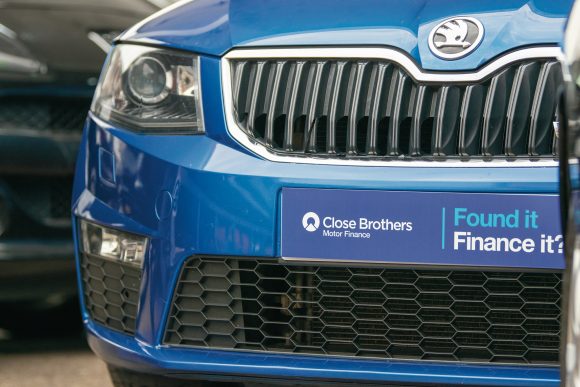



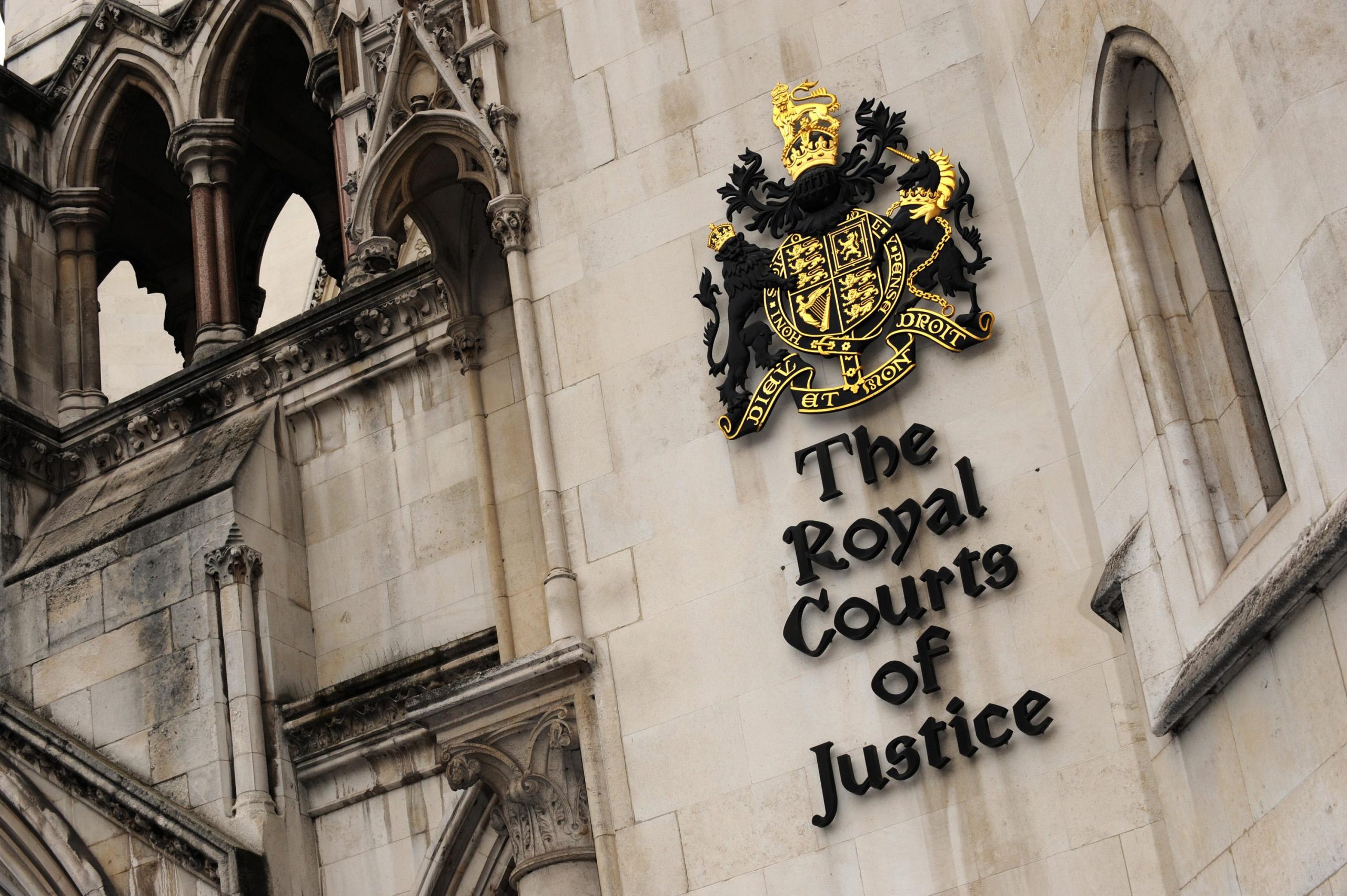
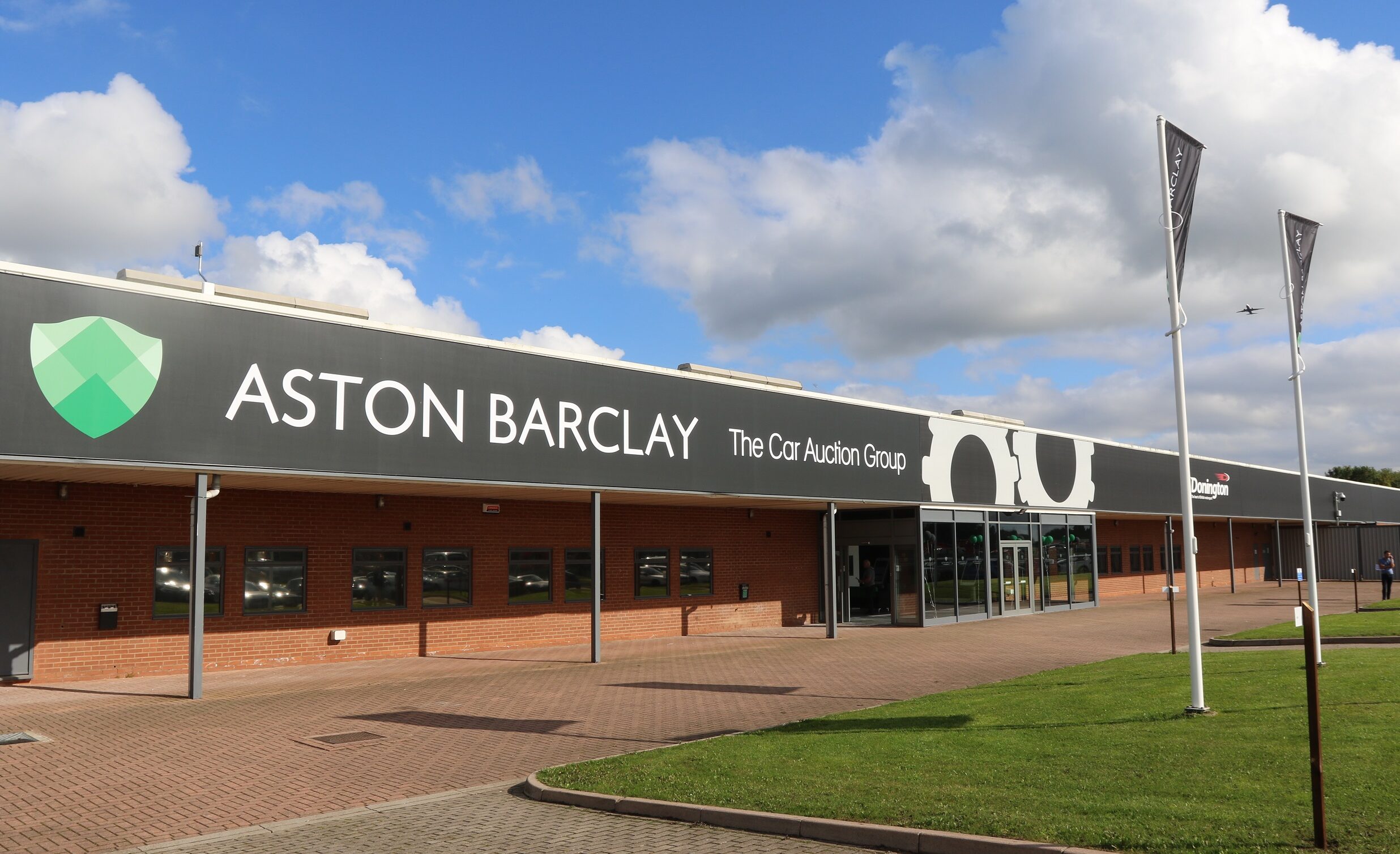

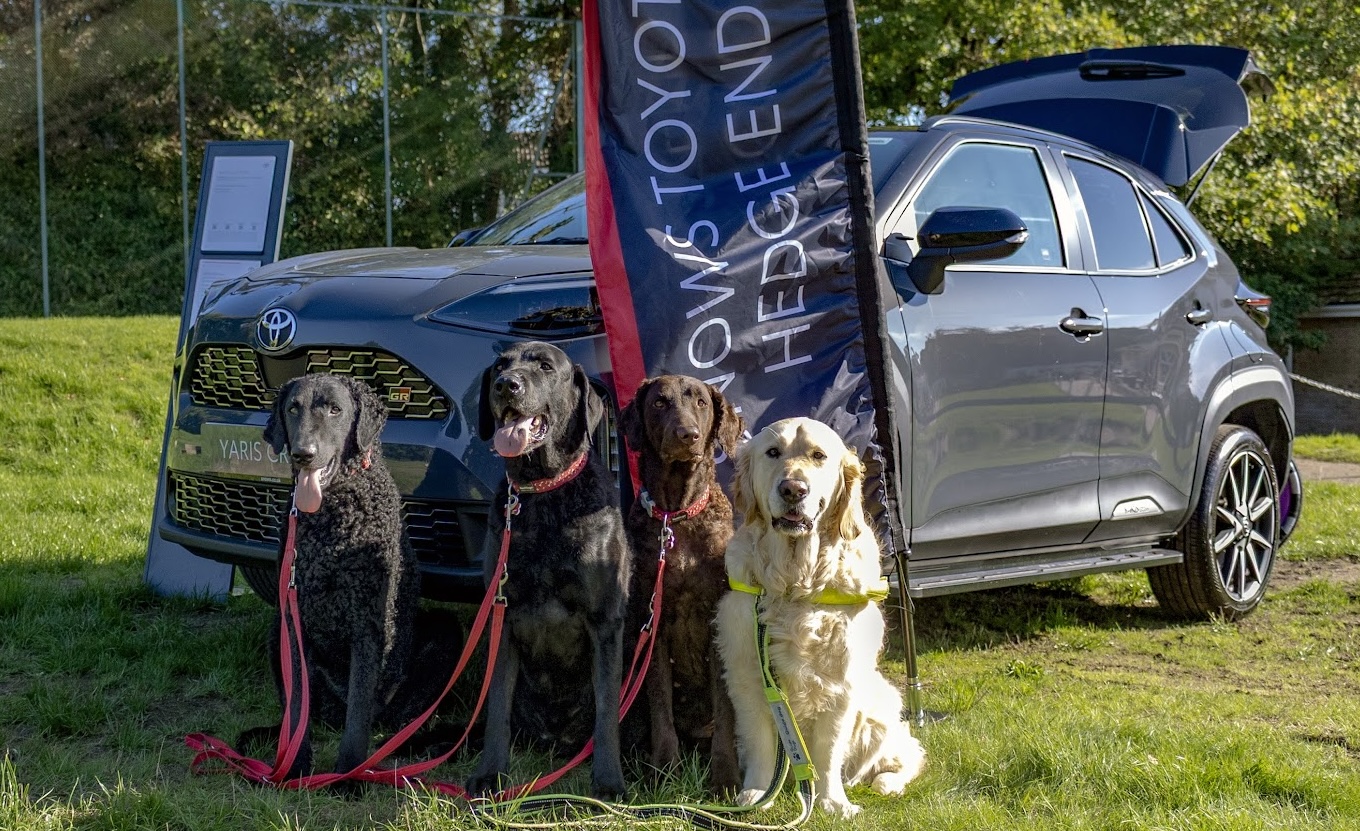

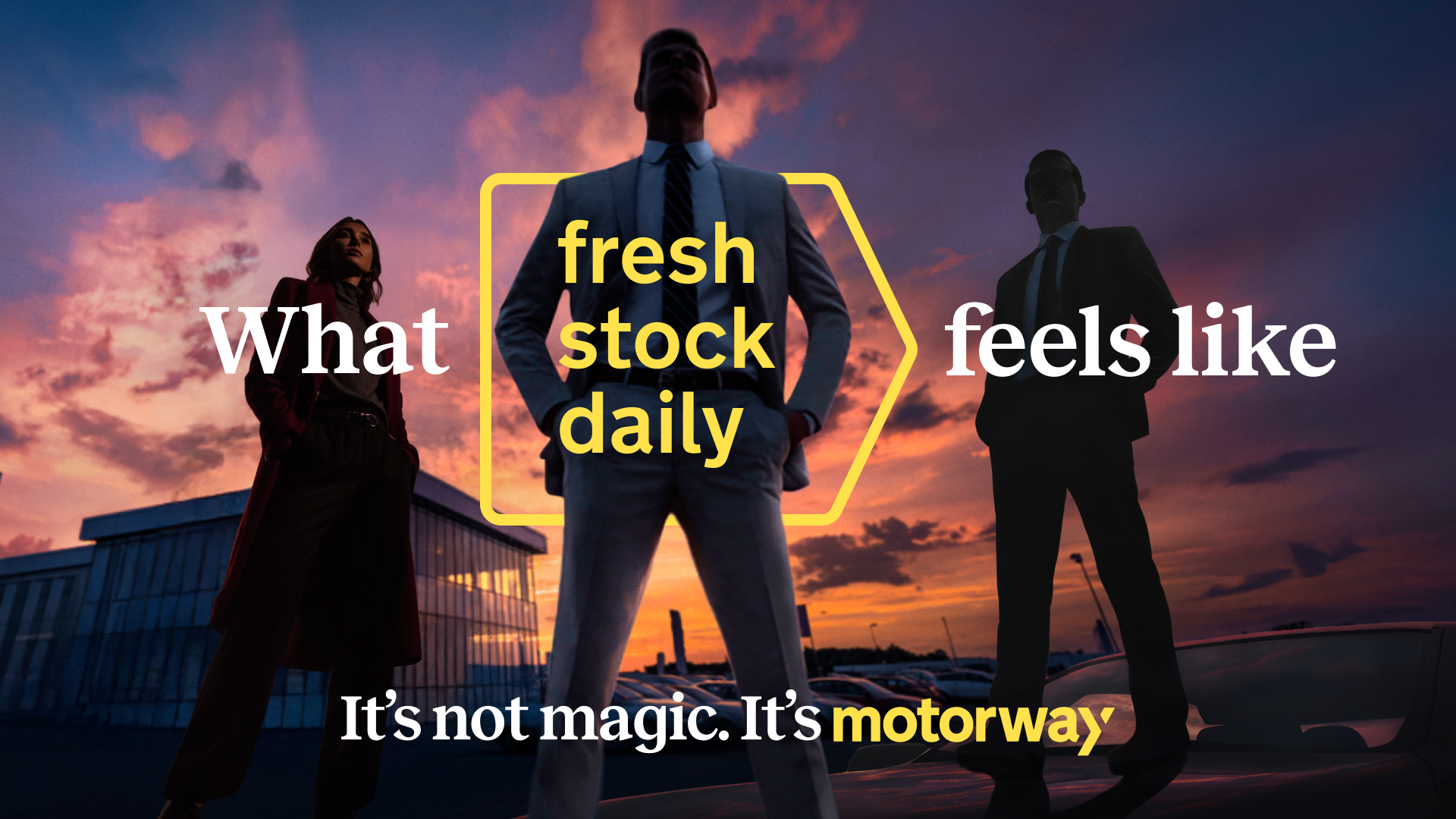

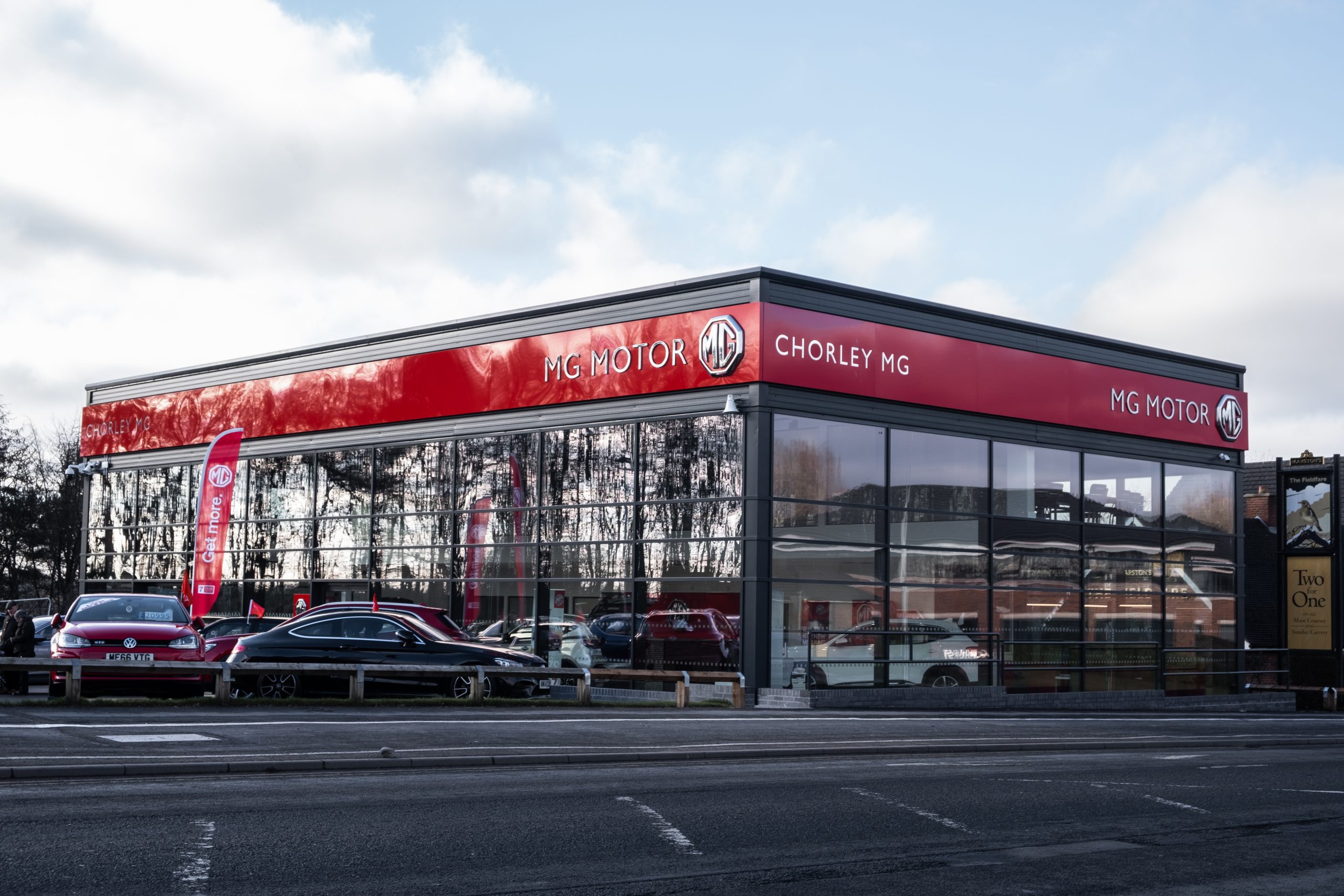

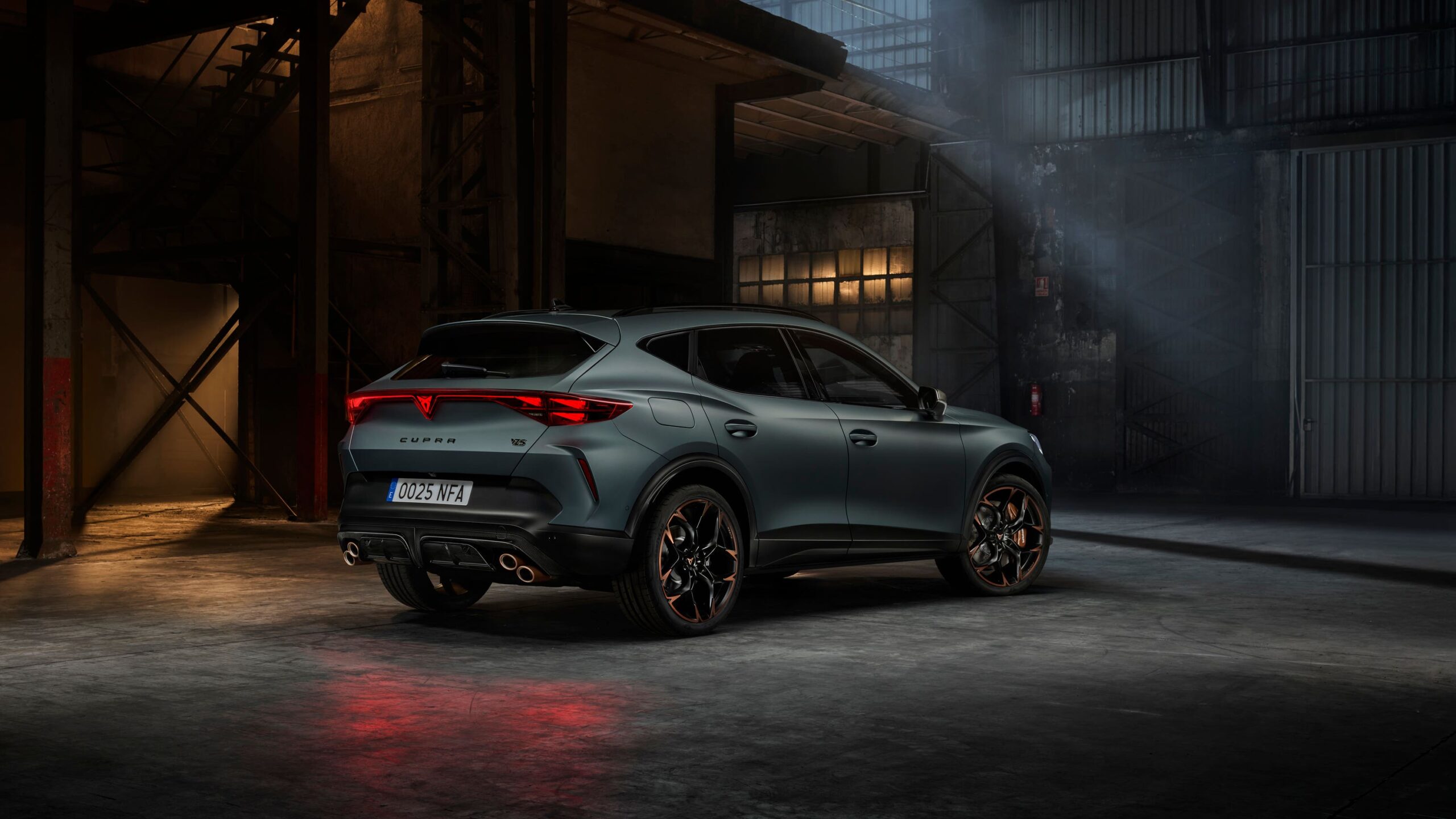







.jpeg)











 English (US) ·
English (US) ·